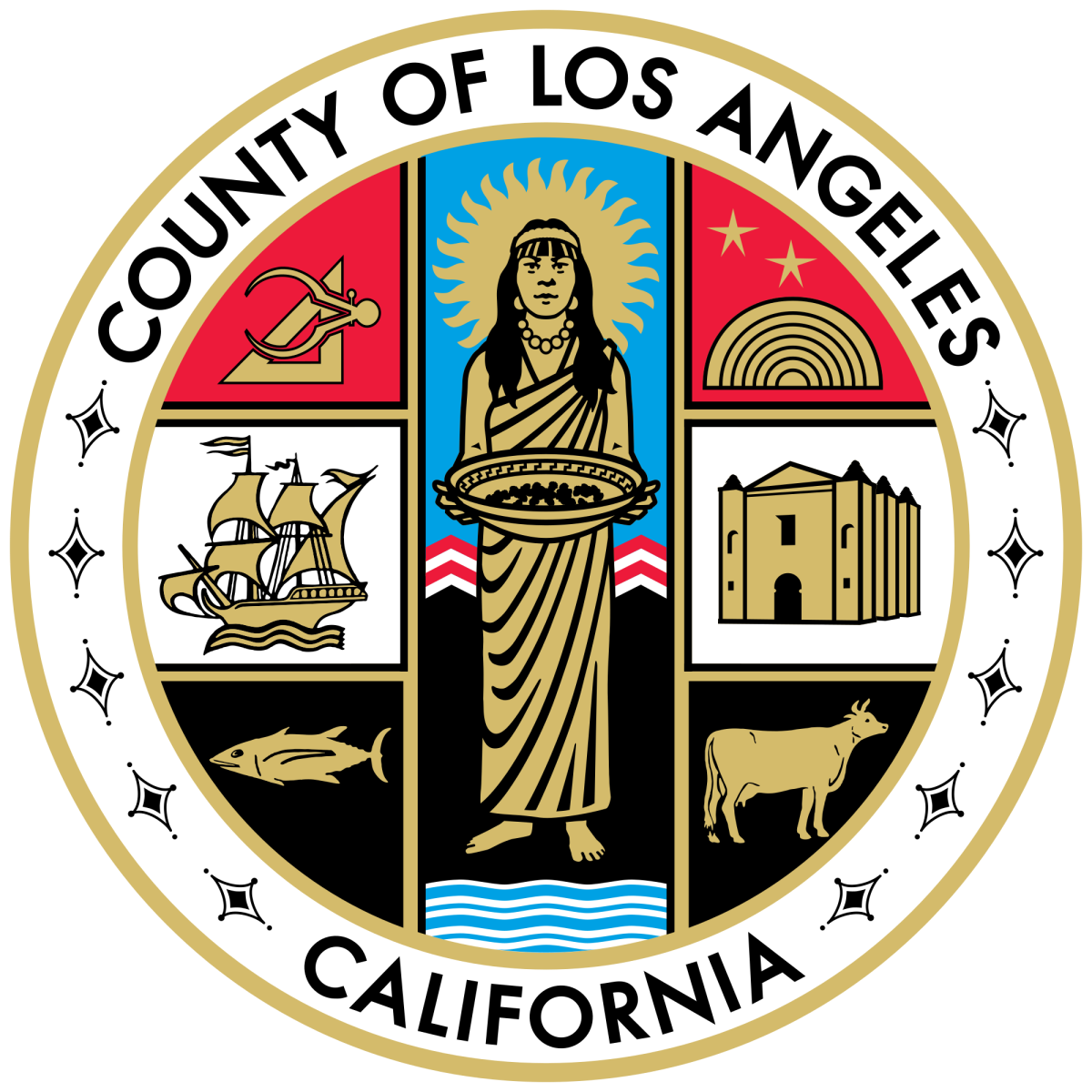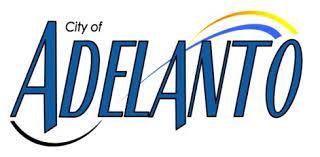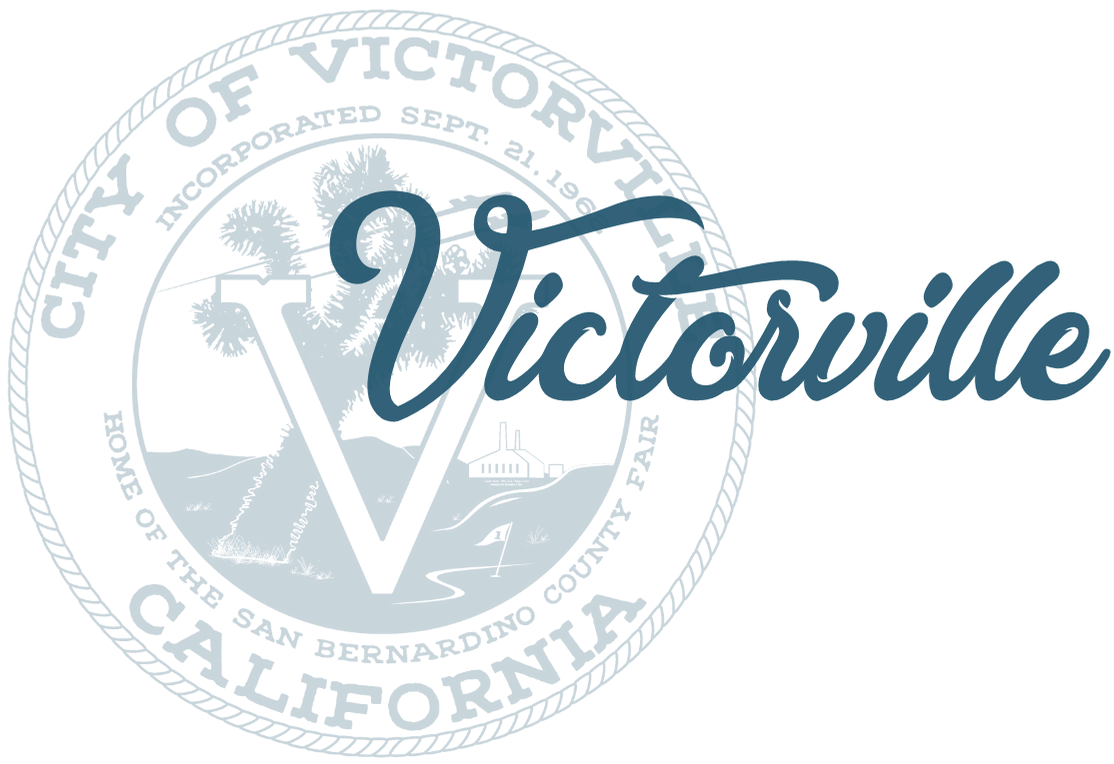About Us
HDC JPA Board of Directors Members
Kathryn Barger, Chair HDC JPA, Supervisor, 5th Supervisorial District, Los Angeles County
Elizabeth Becerra, Vice Chair HDC JPA, Council Member, City of Victorville
Eric Ohlsen, Council Member, City of Palmdale
Lauren Hughes-Leslie, Council Member, City of Lancaster
Ara Najarian, Chair, Los Angeles County Metropolitan Transportation Authority, Northern Corridor Cities Representative
Gabriel Reyes, Mayor, City of Adelanto
HDC JPA Board Member Alternates
Richard Loa, Council Member, City of Palmdale
Bob Harriman, Council Member, City of Victorville
Daniel Ramos, Mayor Pro Tem, City of Adelanto
HDC JPA Staff
Arthur V. Sohikian, Executive Director
About the Project
The High Desert Corridor (HDC) is a proposed multipurpose transportation route connecting Antelope Valley in Los Angeles County with Victor Valley in San Bernardino County. The first phase is a 54-mile high-speed rail project between the two fast growing regions.
The HDC is funded by the voter-approved Los Angeles County Measure M Expenditure Plan with nearly $170 million in the current and near-term fiscal years as well as $1.9 billion in later years (2063-2067) that could leverage federal, state, and private funds to construct the HDC High Speed Rail Project.
Project Status
The High Desert Corridor JPA FY22-23 budget is fully funded to study a new intercity high-speed rail corridor, which received California Environmental Quality Act (CEQA) clearance in June 2016. The HDC JPA is working on the National Environmental Policy Act (NEPA) process with the Federal Railroad Administration, as well as a CEQA addendum.
The High Desert Corridor High Speed Rail Project objective is to proceed with NEPA environmental clearance and CEQA addendum with a goal to receive the Record of Decision (ROD/NOD), Notice of Determination approval in 2023. This will complete clearance for the high-speed rail project to then advance to the next phase of Project Development, which is to advance the project design and engineering to 35-40% as well as other project development activities.
Concurrently, LA Metro is finalizing the HDC Intercity Rail Service Development Plan & Funding Plan, a key component to receive federal and state funds. The Plan is funded with $3.5 million of HDC Measure M funds, $1.375 million in CalSTA 2018 Transit Intercity Rail Capital Plan State grant funds under the Network Integration category, and $625K from Brightline West ($250K in cash and $375K of in-kind contributions).
Benefits
- The HDC represents a significant investment in historically underserved and underinvested communities in the high desert communities of Los Angeles and San Bernardino counties.
- The high-speed rail project, a zero-emission rail technology, will reduce vehicle miles traveled, contributing to improved air quality and reduction of greenhouse gas emissions.
- The high-speed rail project will provide mobility connections from rural communities to major urban centers.
- The high-speed rail project is expected to generate more than $12 billion in economic activity during development and construction.
- New business development will help create jobs closer to and within the growing communities in the Southern California High Desert.








